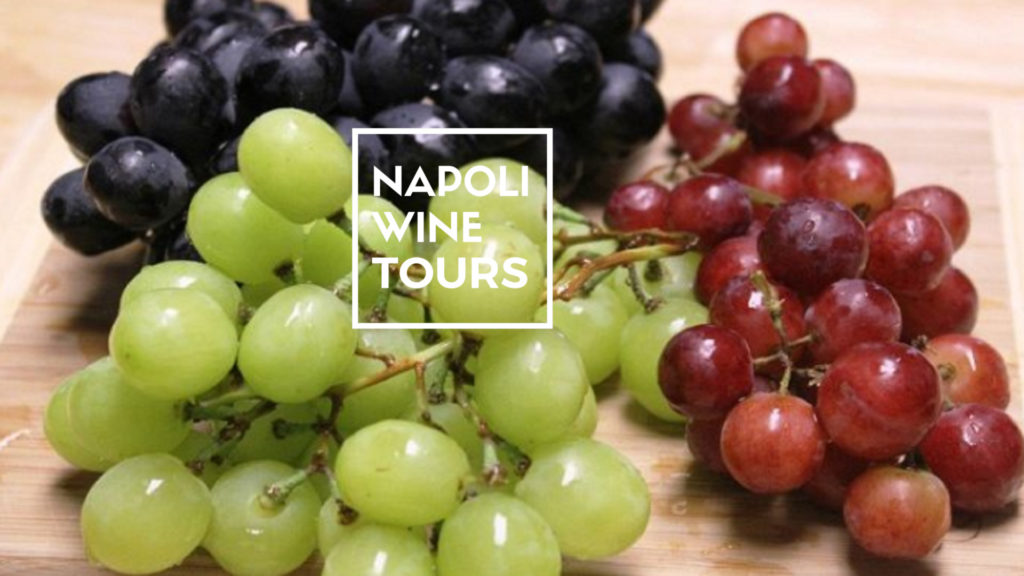
Each wine lover, even if not an expert, has participated or witnessed a discussion on the production methods of wine at least once in his “drinking career”.
“Natural”, organic wine and biodynamic agriculture are topics that ignite the hearts of those who put their heart in the glass of wine. The question is really delicate, since it touches many aspects, some of which are ideological – I dare to say philosophical – and the borderline is not always easy to see or understand. We are going to try to clarify some crucial points in order to provide you with the elements to shed light on the “dispute”.
To analyze the differences between the various product types, two fundamental points must be clarified. First of all, saying “natural wine” is rhetorical. This is because wine is not a product of nature, but is an anthropic product, that is, it is made by man! Consequently, it is clear that the stress should be placed on the production method, so it will be right to talk about conventional and unconventional wines.
We know all conventional wines, that is, those wines produced in compliance with European food laws (both for the cultivation of the vine and for the production in the cellar) and that do not boast any alternative methodology.
By alternative productions, we mean organic production, biodynamic, and
“Unconventional / natural”.
Organic wines are the only ones to be regulated by a European law (EU Regulation 203 of 2012), which specifies the substances authorized in the vineyard and in the cellar, and the wineries that produce organic wine are certified by a private institution. It is right to know that only the use of sulphur and copper is allowed in the vineyard (synthetic products are prohibited), while in the cellar it is reduced on the use of sulfites. All other practices (which are very many) are legally authorized.
The wines from biodynamic agriculture are instead those wines that follow the agricultural techniques spread by the philosophy of Rudolf Steiner who considers the agricultural site as a self-sufficient living organism in harmony with cosmic forces. There is no regulatory obligation for cultivation, and even in this case the certification body is private as well as unique (DEMETER). In the cellar, there are no special requirements for winemaking.
We finally got to unconventional wines. There is no legislation defining these wines, but certainly, there are ethical rules that all “natural” wine producers adopt: the use of any type of substance is prohibited both in the vineyard and in the cellar (only small quantities of SO2); there is no certification body, but only associations that are based on the self-certifications of the winemakers who work respecting nature, the territory and natural winemaking techniques. The health, biodiversity of the vineyard and the uniqueness of the product are the diktats of these producers. Their watchword is craftsmanship. It should be stressed that the category of “natural / unconventional” wines often enjoys a bad reputation! It’s true! In the past (and unfortunately still nowadays) a defect in wine was labeled as a characteristic of naturalness! We must learn to differentiate defects from the characteristics of craftsmanship and terroir; we must distinguish a wine with characteristic olfactory notes (which have not undergone the countless chemical treatments in the cellar) from a wine that has turned into vinegar!
To complete these introductory notes, the time has come to present you with 2 “unconventional” wines that both belong to the TripleA catalog (a catalog that collects producers, farmers, artisans, artists from all over the world).
Vin d Alsace
Saveurs de Julien 2015 vol.13.5
Les vins Pirouettes
Grape variety: Auxerrois 35%, Sylvaner 65%
The vineyard is grown without synthetic products, the vinification takes place without the addition of yeasts. It rests 21 months sur lie and receives only a slight filtration at the time of bottling.
Colour: intense straw yellow (surprising considering the year of the harvest).
Nose: it has a slight volatile acidity (characteristic of unconventional wines) which quickly vanishes to leave room for herbaceous and citrus notes. Thanks to the clay-limestone territory, the hydrocarbon component impresses its trademark.
Taste: Flavour and freshness perfectly balanced with the mineral component.
Dry wine that opens with notes of pink grapefruit and aromatic herbs. The persistence and intensity of the taste make it perfect in combination with rich and aromatic dishes.
A wine that does not disappoint expectations, its elegance is the most surprising note if we consider that it is an “unconventional” wine. The evolution in the glass and the rise in serving temperature led to a very pleasant smoking note in the finish.
Tres Uves 2014 vol 13
Dark Barranco
Grape variety: Vermentino, Viognier, Vigiriega
Wine produced in Andalusia; the biodynamic vineyards are grown at 1300m. The harvest is handpicked and the vinification of the three grapes takes place separately for the first year in wooden barrels, to pass to a refinement after assembling a year in steel. No sulphur dioxide is added.
Color: golden yellow
Nose: an explosion of scents invades the sense of smell to confuse it. The first perception that comes overbearing is the earth, humus. Then the apple, the pepper, the wet leather, the spices (ginger and curry), the herbaceous.
Taste: a pleasant note of freshness prepares the palate to welcome all the scents that have occurred on the nose, enriching itself and becoming increasingly intense. Its persistence is very long and offers so much that it takes away the word.
The best definition for this wine is The wine of silence. Why? Because when you holding a glass of this wine you feel like you want to close your eyes and in religious silence discover and recognize all the taste-olfactory sensation that it can give us.
A white wine, but with the body and structure of a red one. A wine that can be combined with any dish as long as this is of great structure. A paella (to stay in the area) would make the perfect match.
The resumption of normal activities allows us, in compliance with codiv-19 safety standards, to resume tasting sessions. Do not hesitate to contact us to immerse yourself in a sea of sensations with the guidance of expert sommeliers.
